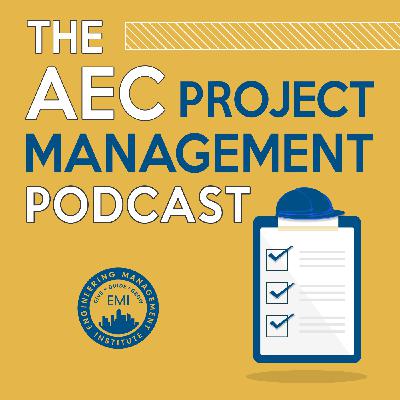Leadership in Geotechnical Engineering Firms That Drive Project Success – Ep 085
Update: 2025-09-01
Description
In this episode, I talk with Rodney Jones, RCE, GE, principal engineer and CEO at Skyline Geotechnical Inc., about leadership in geotechnical engineering firms, building a geotechnical engineering firm from the ground up, the lessons learned in engineering leadership strategies and business ownership, and how adaptability, people skills, and strong client relationships drive lasting AEC […]
The post Leadership in Geotechnical Engineering Firms That Drive Project Success – Ep 085 appeared first on Engineering Management Institute.
Comments
In Channel





